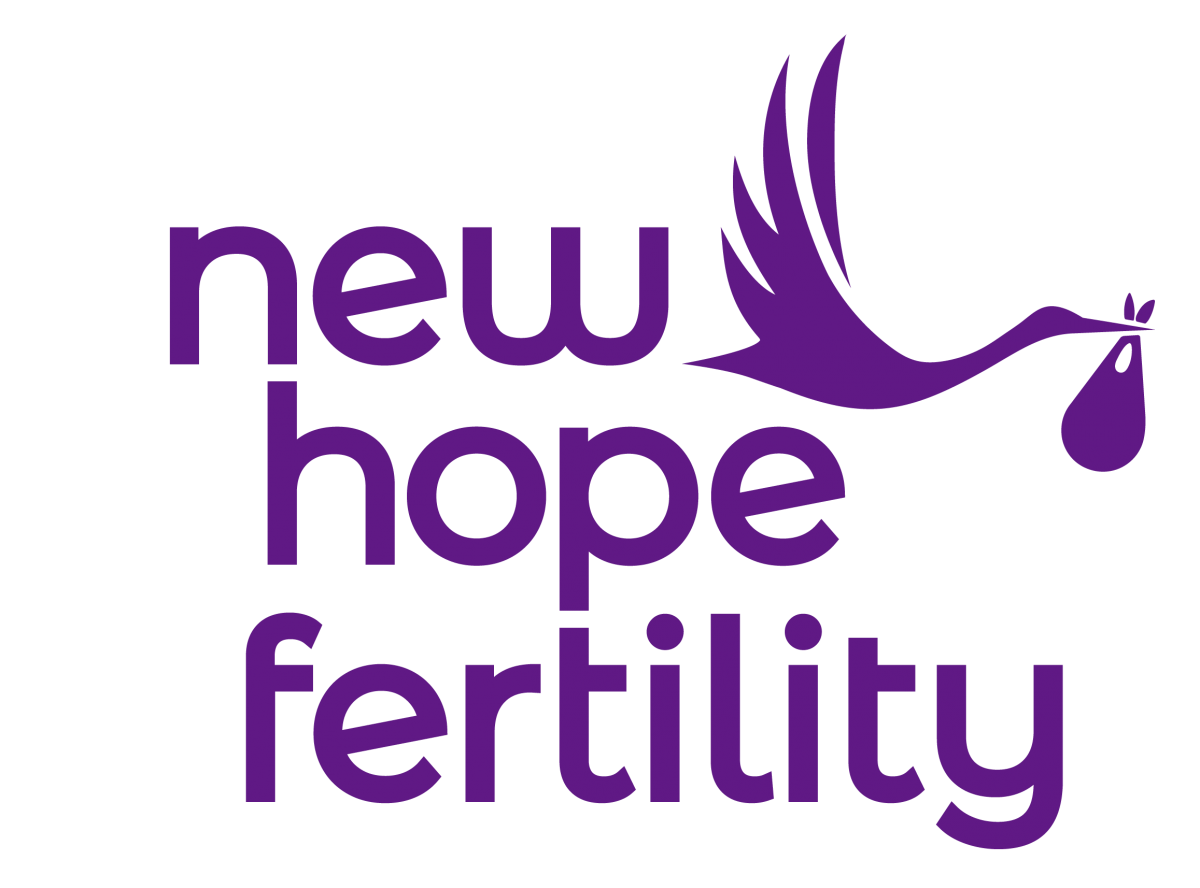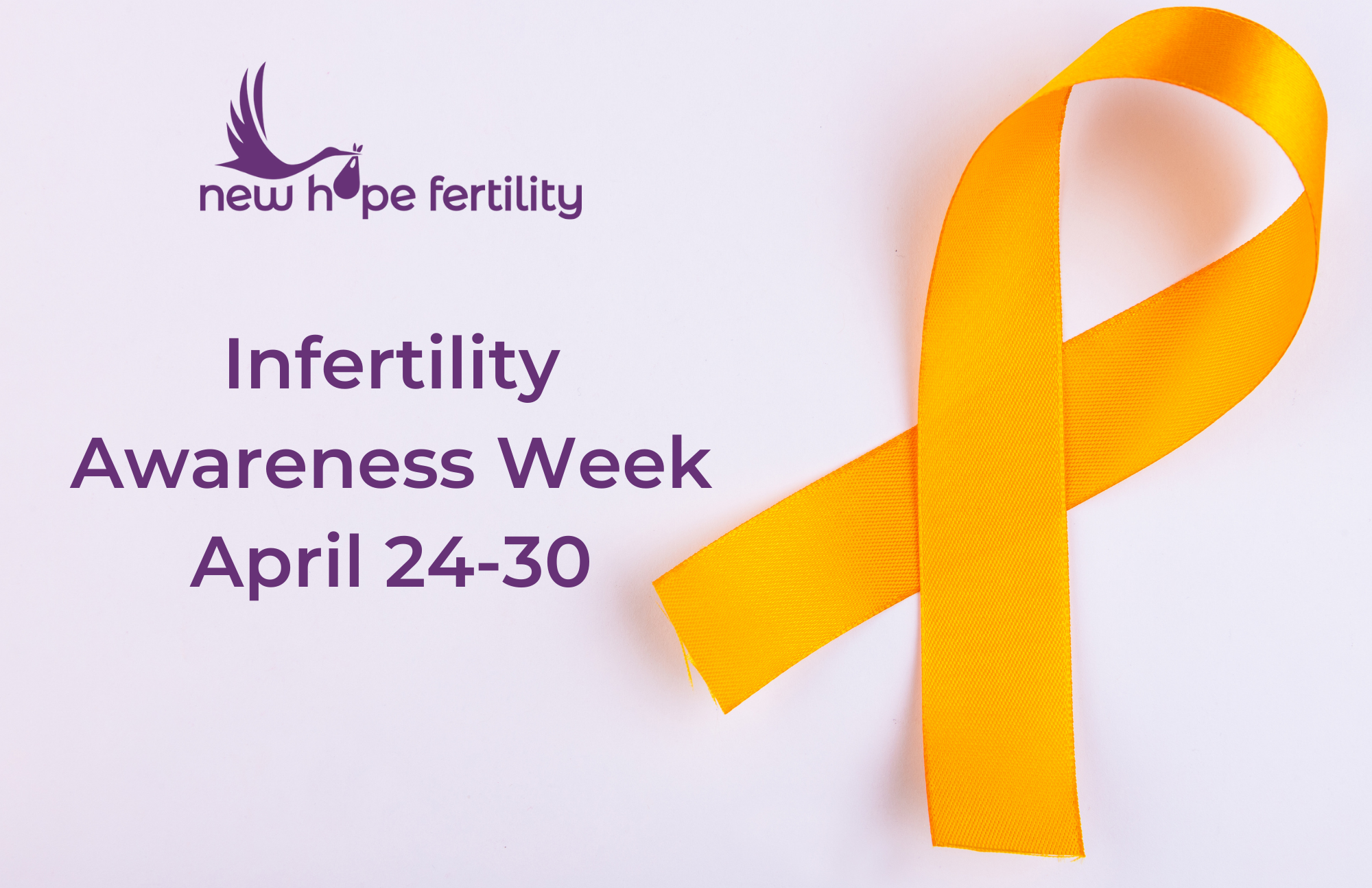It’s nearing the end of April and that means that it’s National Infertility Awareness Week, NIAW (April 24-30). It was founded in 1989 by RESOLVE: The National Infertility Association, whose mission is to empower us and change the not-always-open and seemingly taboo conversations around infertility and the infertility industry.
We want to take some time to direct you to some common and less common infertility facts, in an effort to remind you that this condition affects millions of individuals and couples worldwide each year!
Infertility Can Happen to Anyone – You are not alone.
Infertility can happen to anyone, it does not discriminate by sex, race, religion, age, or financial status. So if you are struggling with infertility, we encourage you to seek help. This week is a great chance to learn about infertility and its causes, find resources to get the help and support you need, and open up the door for meaningful conversations about the tough topics you may need to discuss before starting treatment.
Female Infertility Statistics In the United States:
- Among heterosexual women aged 15 to 49 years with no prior births, about 1 in 5 (19%) are unable to get pregnant after one year of trying.
- About 1 in 5 (22%) couples in which the woman is 30-39 have problems conceiving their first child.
- 1 in 8 (13%) couples in which the woman is younger than 30 have problems conceiving their first child.
- 7.3 million women, 15-44 years of age, received infertility services between 2011-and 2015.
Male Infertility Statistics In the United States:
- Male factor infertility is the primary medical issue in about 30% of all infertility cases.
- Male infertility is a factor in 30 – 50% percent of couples trying to get pregnant a second time.
- Nearly 50% of men dealing with infertility have low sperm counts as the primary factor.
- Conception in one year is 30% less likely for men over age 40 compared with men under age 30.
What do these statistics show us?
Rising infertility statistics show us that the fertility decline affects both men and women and is incredibly more common than most would perceive. If you believe you are struggling with infertility, meaning you are under 35 and have been trying to conceive for 1 year or over 35 and have been trying for 6 months, it might be time to speak with a specialist! It is important to test both partners if applicable and remember that fertility clinics and doctors are here for you.
Why New Hope?
New Hope Fertility Center is home to world-renowned fertility specialists. We custom design fertility treatments for the individual to increase the chances of a successful pregnancy. Our specialists believe in putting the patient first and being with them through every step of the fertility journey. Our team is well versed in helping women of all ages reach their fertility goals and we are passionate about educating, and supporting our patients throughout their journey. If you want compassionate fertility care, New Hope is the right place for you. Call us at (347) 970-8479 or schedule your initial consultation today!

